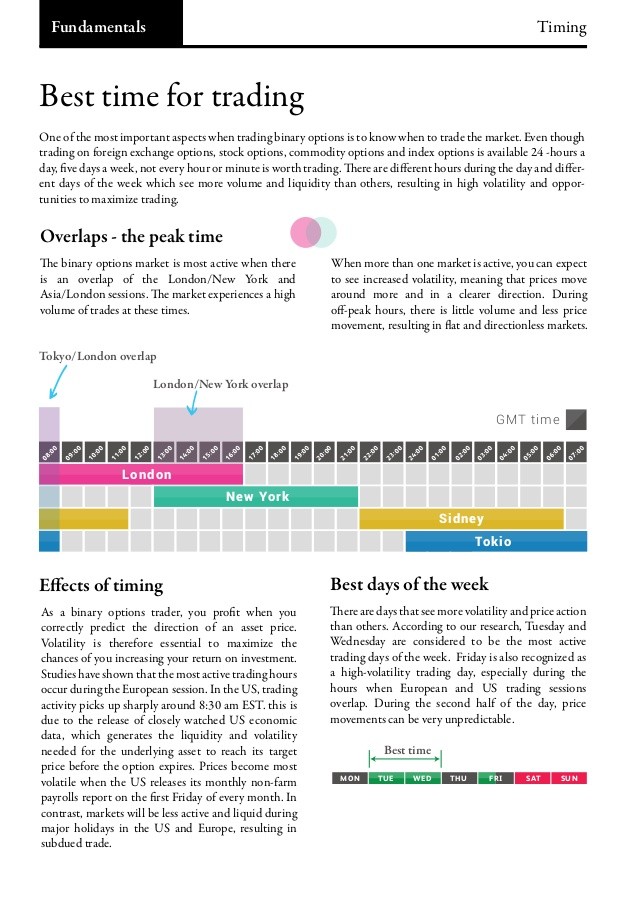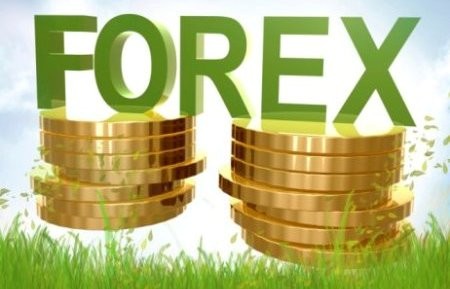A Beginner s Guide to the Forex Market
Post on: 12 Май, 2015 No Comment

In this article, we will cover the basics of the forex market – what it is, what it does, how it works and why you should invest in it – as well as look at some important concepts you need to know before you begin.
What Is Forex?
Forex is short for the foreign exchange market. The forex market is one of the world’s largest and most liquid markets, boasting a daily trading volume of over $3 trillion dollars.
What Does the Forex Market Do?
In practical terms, the forex market provides a way for businesses, individuals and countries to trade one nation’s currency for another nation’s currency. Forex transactions are constantly being made because the global market place requires that money change forms to allow global trade to flow.
When you buy a Japanese television or T-shirt made in China, the workers who produced those goods are not paid in dollars. Instead, an importer of those goods – your local Walmart, for example – pays for them by buying an equivalent value of yen or yuan to purchase them from the manufacturer.
Supply and Demand in the Forex Market
In reality, however, the forex market is much more than a mere exchange system for currencies. The forex market is the system by which the currencies of different countries are valued.
The basic mechanism for any market is supply and demand. The more people want an item, the more a seller can charge for it. However, when a seller begins to make a lot of money selling a high-demand item, more sellers will start selling it, thus increasing the supply and eventually satisfying the demand. The lessening demand for the item leads to a lower price, so sellers quit selling it. As supply shrinks, demand may once again start to rise and the cycle starts again.
Although very basic in concept, supply and demand in the currency market works on several levels. At one level, the demand for a country’s currency can be seen as a demand for a country’s good. For example, if everyone wants a Japanese car, more importers will be buying yen to pay for Japanese cars to import. This demand for yen drives up the price of yen, even though it is technically demand for Japanese cars – not Japanese yen.
Currencies as an Investment
On another level, a currency itself may be a product of sorts. Investors buy another country’s currency to offset or protect against changes in value of their own currency. There are many reasons to invest in currencies, but here are three broad categories of investment currencies and the reasons why investors buy them:
- Safe Haven Currencies. These are currencies from countries that have very stable economies and generally do not change much in value. Although the label of safe haven doesn’t always apply, the U.S. dollar (USD). Japanese yen (JPY), Swiss franc (CHF) and others have been counted as safe haven currencies.
Forex and the Gold Standard
The most interesting thing about the forex market is how short of a time it has been around as a market. The stock market dates back centuries, but the forex market has only really been around as a value setting mechanism for currencies since the 1970s.
This is because currencies used to have a set value in terms of gold. The value for all the major currencies was set at the Bretton Woods conference of 1944. These pegs. as they were called, stated that each participating currency was worth x amount of gold. When a nation built up a surplus of another nation’s currency through trade, they could trade it in for gold.
Bretton Woods fell apart when nations began printing more money than they had gold to back up. The United States, for example, made it a crime for its citizens to “hoard” gold, but they couldn’t prevent other nations from returning all the extra currency for American gold. France, in particular, put pressure on the currency pegs set during Bretton Woods and the U.S. eventually had to pull out of the gold standard. Without the gold standard, the U.S. dollar became fiat money – that is, money that is only backed by faith in the issuing nation rather than a physical asset.
Because the U.S. is the world reserve currency, abandoning the gold standard effectively took every nation pegged to the U.S. dollar off the gold standard. Some nations tried to remain pegged to the U.S. dollar rather than the gold it formerly to represented, but uneven economic growth meant that many currencies were being over or undervalued because of those pegs. Eventually, floating rates were adopted. These rates are adjusts minute by minute and second by second over by the worldwide forex market.

How the Forex Market Affects Governments
Before the forex market, there wasn’t really any check on governments printing too much money, except that other governments might trade it in for gold. With the forex market, any increase in the supply of money can cause an immediate decrease in the demand for that new currency. Put another way, forex investors will value each new unit of currency less than the previous one.
This change in market sentiment is not always immediate. A currency can easily become overvalued, especially if a nation’s central bank tries to prop up the currency by overpaying for it using its reserves of other currencies. However, the market always wins in the long run, and a nation that is inflating its currency (printing too much) will see the value of the currency decline.
This market reaction prevents some governments from inflating their currency and also makes some forex speculators very rich. George Soros, the world’s most famous currency speculator, made $1 billion on a single trade on the British pound.
The Mechanics of Trading Forex
Trading forex is different from investing in forex. A forex investor might just want to hold his wealth in another form to protect it from changes in his home country’s currency. A forex trader seeks to make profits from changes in the values of two or more currencies.
For example, if a forex trader thinks the Australian dollar (AUD) is going to appreciate compared to the U.S. dollar (USD), he can enter a trade that sells the USD and buys the AUD. If he is right, he will profit as the Australian dollar climbs.
However, there is more to it than that. Several features of forex trading make it unique from almost every other type of investing. These are:
- Leverage. Leverage allows a trader to increase the size of his trade many times over. With $1000 and 50 times leverage, a trader can control $50,000 worth of currency. This means any gain or loss is also magnified by the same amount.
How Do I Trade Forex?
If you feel ready to trade forex, that’s great. The Internet has allowed online brokers to offer mini-accounts that can be opened with very little capital. These can be customized to allow a set amount of leverage that you are comfortable with. However, you shouldn’t be in a rush to put your money at stake. If you are a first timer, many sites offer demo accounts for you to practice in. To make the most of your learning experience, you will need to master some basic terms (and our dictionary is a great place to start!!).














